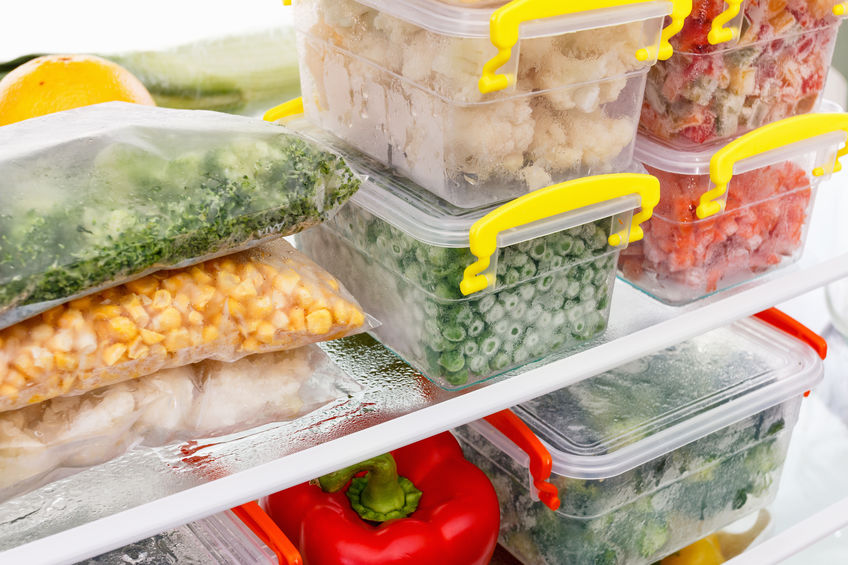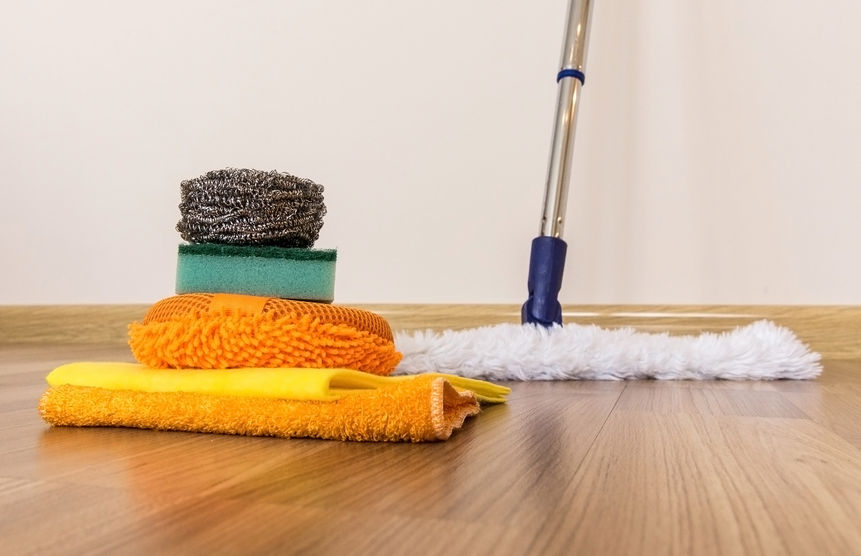Kitchen Food Safety Tips
Kitchen food safety tips. Proper handling of raw meat, fish, and poultry in the kitchen can stop most germs associated with them from multiplying to levels that can make you and your family ill.
Kitchen food safety tips. Proper handling of raw meat, fish, and poultry in the kitchen can stop most germs associated with them from multiplying to levels that can make you and your family ill.
While most pathogens that occur naturally in uncooked foods are killed by proper cooking, it's important to remember that many germs can spread long before you pop the entree into the oven.
E coli, hepatitis A, and salmonella - the most common contaminants - can find their way onto a sponge or dishcloth, posing potential risks if not handled properly.
It's up to you to prevent the spread of bacteria in your kitchen. By following these tips, you can significantly reduce the risk of foodborne illness.
By following these kitchen food safety tips, you can ensure that your home is free from food-related illnesses. Remember, prevention is always better than cure.
Kitchen Food Safety Tips for Cooking Dinner
Most pathogens that occur naturally in uncooked foods are killed by proper cooking to the following internal temperatures:
- Beef, veal lamb (steaks and roasts): 145 F (63 C)
- Fish: 140 F (60 degrees C)
- Ground meats: 160 F (83 C)
- Poultry: 180 F (8 C)
The single most important thing you can do to ensure kitchen food safety and your family's health is to wash your hands with warm, soapy water for at least 20 seconds before and after preparing food.
This will prevent you from spreading meat-, poultry-, or fish-borne bacteria onto refrigerator doors, cabinet handles, and countertops, where they'll be lying in wait the next time you reach for a leftover slice of pizza.
Prevent Cross-Contamination
In addition to washing your hands, for kitchen food safety, you can help prevent cross-contamination by washing the utensils used to prepare raw food in hot, soapy water.
That includes all knives, cutting boards, and serving platters that have held raw meat, fish, or poultry. When grilling, don't serve meat on the same platter you used to carry it outside before cooking.
If your kitchen counter comes in contact with even a drop of juice from uncooked meat, poultry, or fish, clean up the area with hot, soapy water and paper towels - not the sponge you use daily.
However, to kill all the germs, you'll need to clean the surface with a mild bleach solution (one part bleach to nine parts water) or use a commercial disinfectant.
For kitchen food safety, keep all kitchen surfaces dry; when moisture is eliminated, bacteria survive for no more than a few hours.
Even kitchen sponges and dishcloths—the very items that are supposed to help you get rid of lurking germs—can be part of the problem unless you clean them regularly.
You should replace your sponges every two weeks. Regularly throw dishcloths in the washing machine - always use hot water and bleach.
Experts recommend using a plastic cutting board (not wood) for raw meats - it is less likely to harbor bacteria. Wash in hot, soapy water after each use.
Keep Germs at Bay
Always eat food while it's hot, and refrigerate leftovers promptly.
Prepared or cut food, including fruit, should not be left unrefrigerated for more than two hours in cool weather and one hour when it's warm. If the food item has been left out, toss it.
Always store eggs in the fridge, and discard those with cracked or broken shells.
Resist the urge to taste-test if you're unsure about something - even a small amount of contaminated food can make you ill.
Put dates on leftovers in the fridge so you can use them within a safe period - usually a few days. Determining a food's safety by odor or appearance is risky; spoilage isn't always obvious.
Finally, wash produce before you eat or cook it to remove surface germs. That way, you won't contaminate other surfaces after touching these foods.
- Clean Home
- Kitchen
- Kitchen Food Safety Tips









